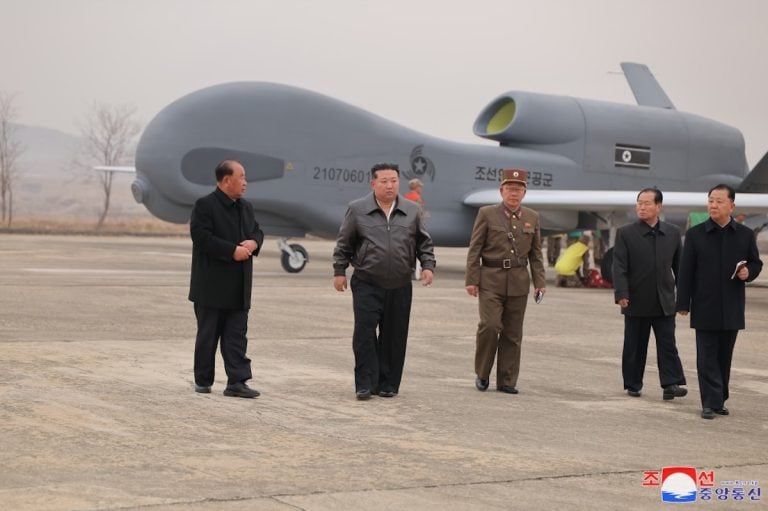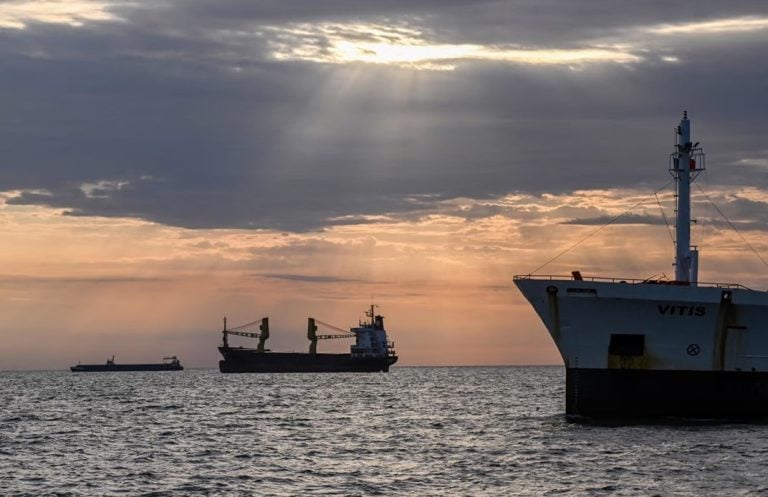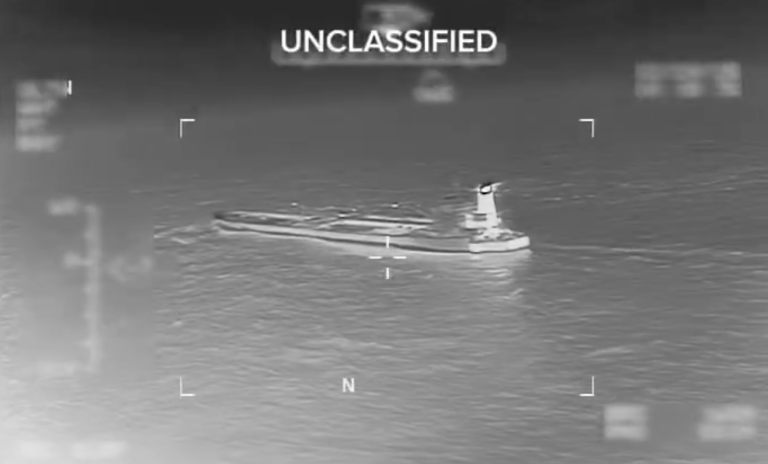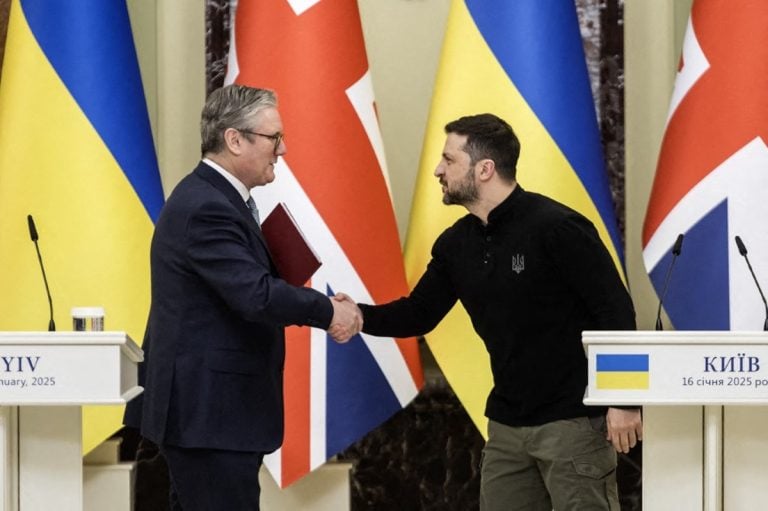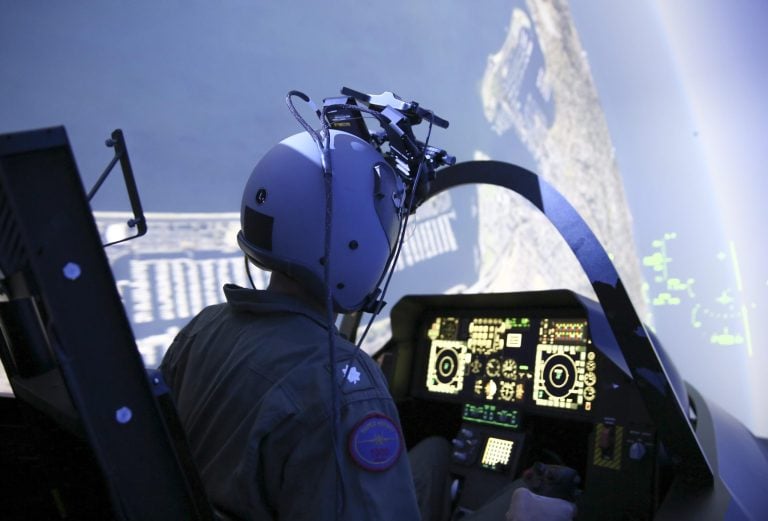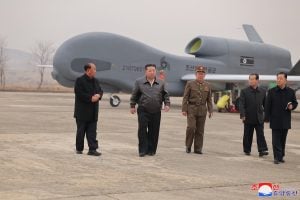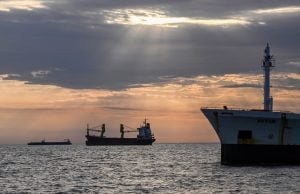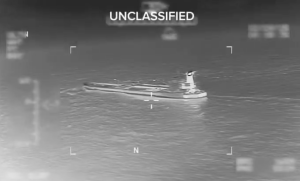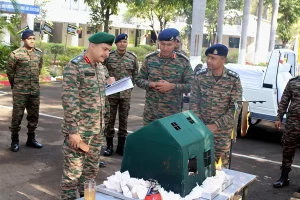NATO has launched a series of multinational maritime exercises off the coast of Portugal, emphasizing the integration of unmanned maritime systems and advanced technologies. The exercises consist of two primary components: Robotic Experimentation and Prototyping with Maritime Unmanned Systems, which focuses on testing new robotic technologies, and Dynamic Messenger, an operational experimentation initiative that provides a controlled setting for evaluating new maritime capabilities.
Over 2,000 personnel and approximately 260 various systems from 22 allied nations are participating in these drills. The exercises also see the participation of observers from 13 additional countries, including Australia, Bahrain, Brazil, and South Korea.
Participants are engaging in a variety of operations, including the protection of undersea infrastructure, persistent surveillance, naval mine warfare, and underwater combat operations. Another critical area of focus is the countering of unmanned vehicles and enhancing multi-domain command and control capabilities.
The Portuguese Navy is hosting the exercises, which are co-organized by NATO’s Allied Maritime Command (MARCOM) and Allied Command Transformation. MARCOM acts as the central command for NATO’s maritime forces, with its commander serving as the chief maritime advisor to the alliance.
The event is a collaborative effort that also involves industry and academic institutions to fast-track the integration of advanced systems into NATO operations. Notable contributors include the University of Porto’s Faculty of Engineering, the Centre for Maritime Research and Experimentation, as well as the NATO Joint Capability Group on Maritime Unmanned Systems and the European Defence Agency.
In conjunction with these exercises, NATO member states are preparing for a significant boost in military spending. At a June summit held in The Hague, the alliance of 32 nations agreed to elevate the defense investment target to 5 percent of GDP over the upcoming decade, moving beyond the previously established 2 percent benchmark from 2014. This decision has been influenced by pressures from US President Donald Trump, who has linked Washington’s commitment to NATO with increased defense contributions from European nations.

